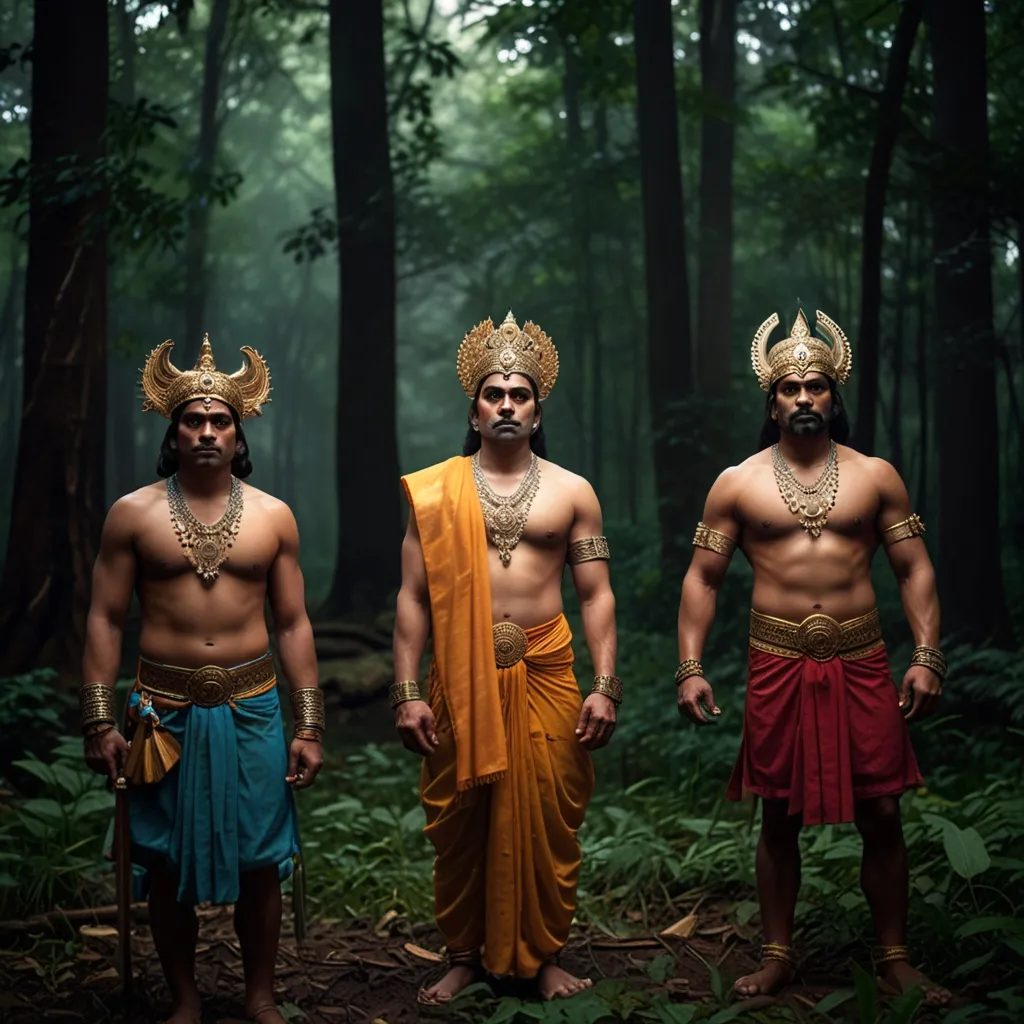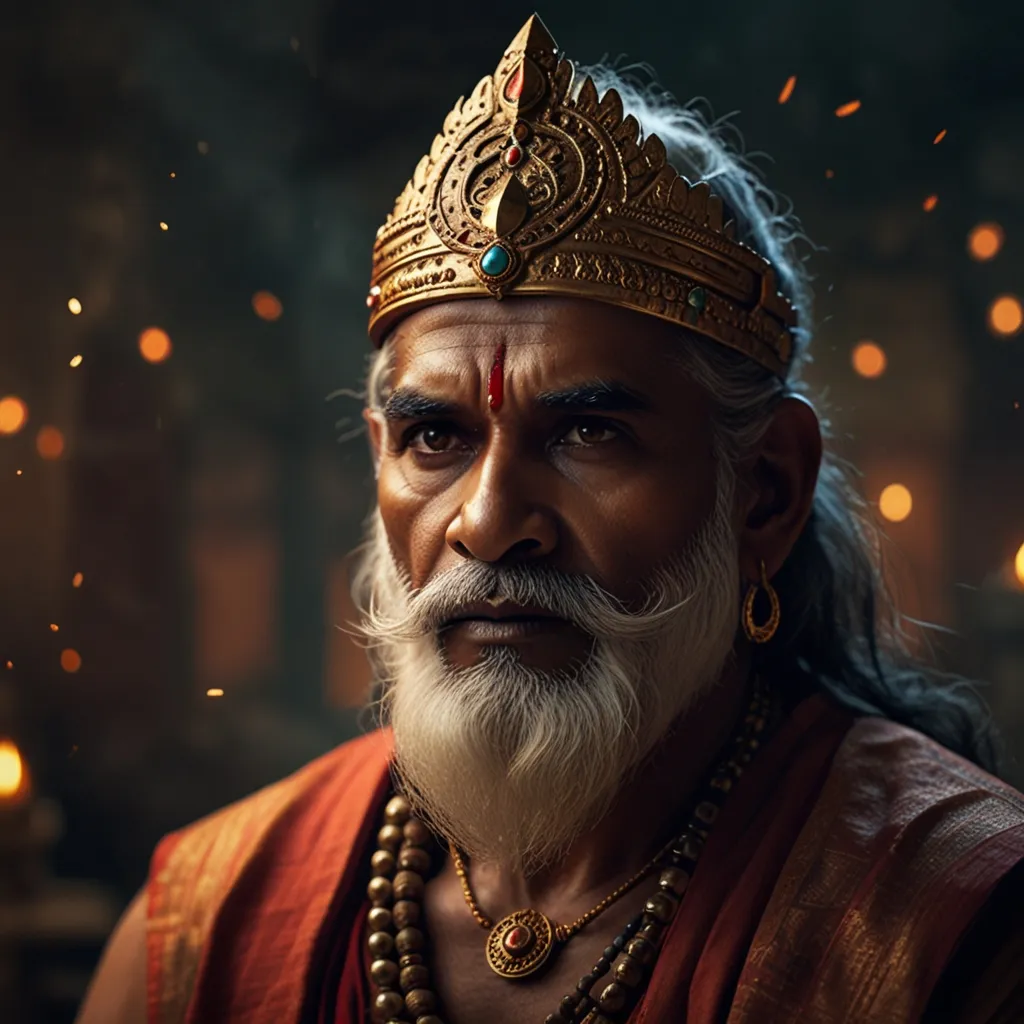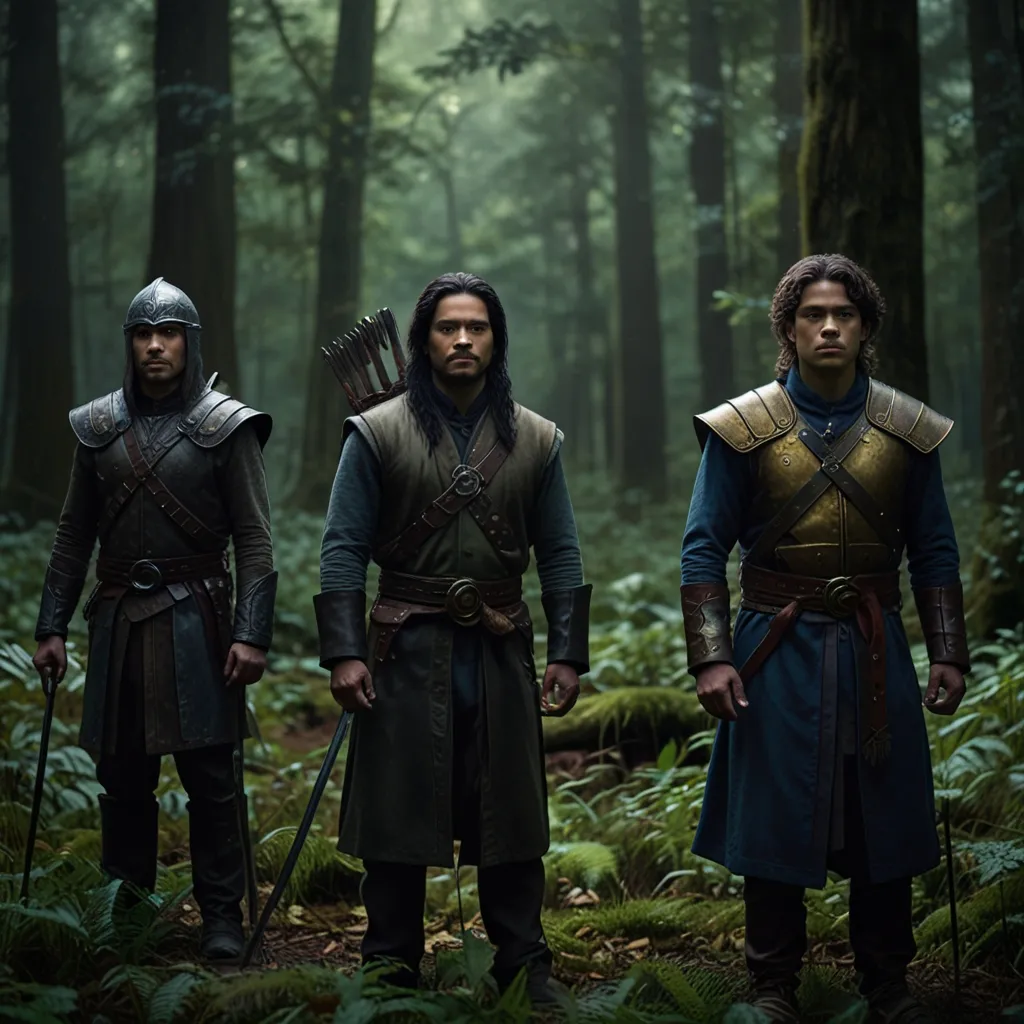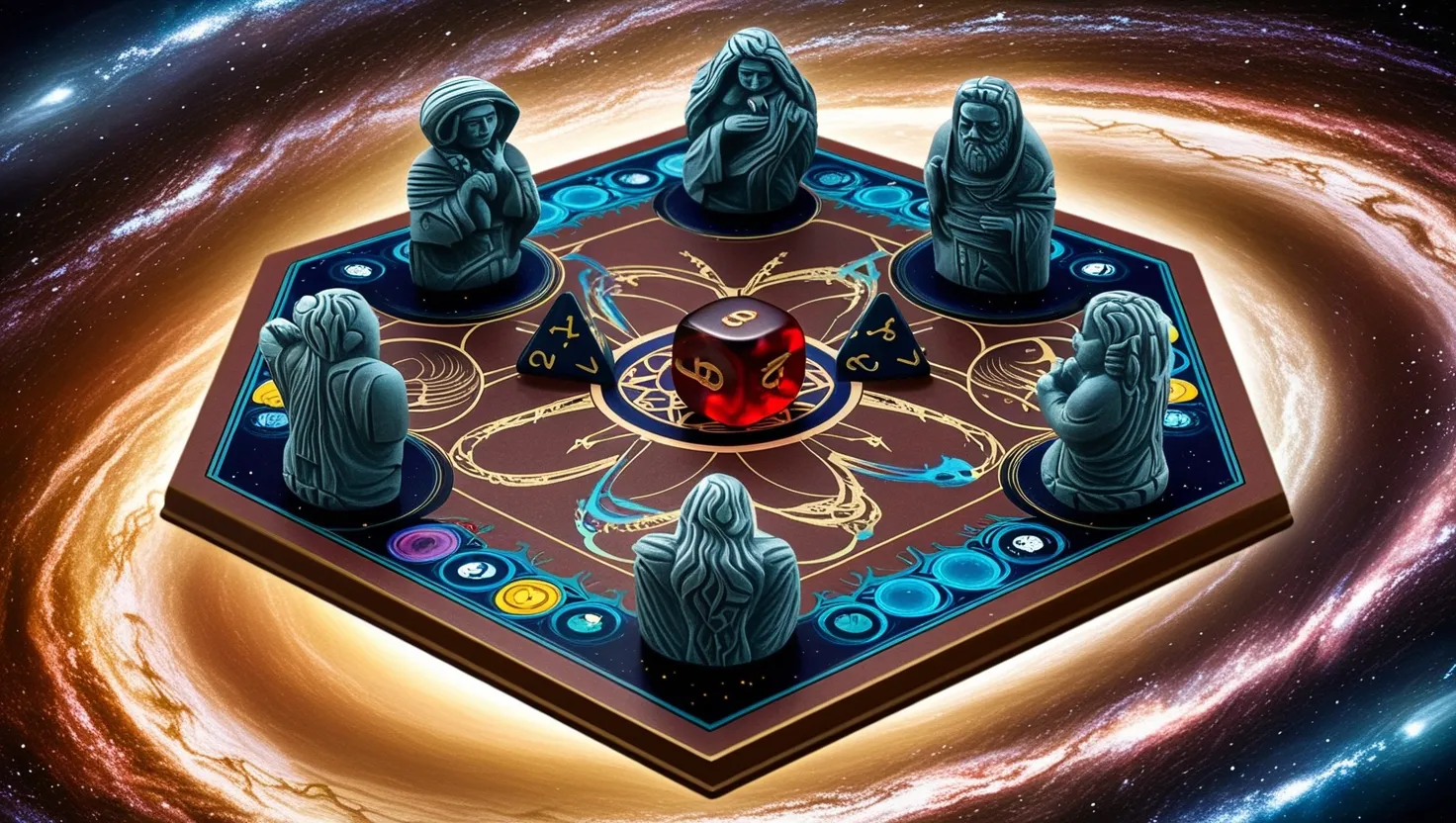The Pandavas’ Exile: A Journey of Triumph and Transformation
So, there’s this epic story from the Mahabharata about the Pandavas. These five brothers—Yudhishthira, Bhima, Arjuna, Nakula, and Sahadeva—were known for their virtue and incredible strength. However, their path wasn’t easy. Their envious cousins, the Kauravas, schemed against them, leading to their exile. Thirteen years away from everything they knew, the Pandavas were put to the ultimate test. This exile wasn’t just about living away; it was about enduring hardships, growing wiser, and sticking together no matter what.
The first twelve years were spent in the forest, tackling challenges that came their way. The thirteenth and final year was unique—this time, they had to blend in, hiding their identities from the world around them. Let’s dive into this adventure-filled period in their lives.
Once their exile began, the Pandavas, along with their wife Draupadi, left their kingdom behind and stepped into the wilderness. Imagine leaving everything—your home, your comforts—just like that. Some loyal followers were ready to stick with them, but Yudhishthira, always the caring eldest, was concerned for their well-being. Survival in the forest wasn’t going to be a cakewalk. Their family priest suggested praying to Surya, the sun-god, who blessed them with an enchanted copper bowl for Draupadi. This magical bowl was a game-changer; it made sure their plates were always full.
Life in the forest was anything but dull. The Pandavas met many rishis, who shared tales about their lineage, rich with heroic feats and sacrifices. One such legend was about King Kuru, who, believe it or not, plowed a field using his own flesh and blood. Pretty intense, right? This act was meant to make sure that anyone who died in battle or renunciation in that field, known as Kurukshetra, would ascend to heaven. Cool foreshadowing for what’s to come because Kurukshetra would become the battleground of the great war in the Mahabharata.
Yudhishthira, dealing with the immense burden of exile, often questioned if any king had suffered more. In response, the rishis told him about Rama, a king who faced his own series of misfortunes. Rama’s story was about a different kind of struggle. He was exiled not by deceit but by his own father, King Dasharatha, because of palace politics and jealousy. Rama’s wife, Sita, was kidnapped by the demon king Ravana, leading to a war waged with the help of an army of monkeys. Rama’s tale of overcoming adversity inspired the Pandavas, offering them a semblance of solace and motivation.
After a grueling twelve years, the approach of their thirteenth year brought a significant twist—they needed to live incognito. They decided the kingdom of Matsya was the perfect place to hide. Disguises on, they stepped into new roles. Yudhishthira donned the persona of Kanka, a dice player. Bhima became Vallabha, the palace cook. Arjuna went full-on undercover, turning into Brihannala, a eunuch who taught dance and music. Nakula found his calling as Granthika, a horse trainer, while Sahadeva became Tantipala, a cattle herder. Draupadi, ever adaptable, took on the role of Sairandhri, a maid serving Queen Sudeshna.
One major hiccup in this grand plan involved Kichaka, the Queen’s brother, who was a total creep. He got weirdly obsessed with Draupadi. No matter how much she warned him about her imaginary five powerful gandharva husbands, Kichaka was relentless. Draupadi’s cries for help fell on deaf ears until Bhima decided to step in. Kichaka’s obsession ended dramatically as Bhima made sure he wouldn’t bother anyone again.
Just when they thought things couldn’t get more complicated, the Kauravas started suspecting that the Pandavas were hiding in Matsya. They decided to attack Matsya, pushing our disguised heroes into a tight corner. The Pandavas, despite needing to keep their identities secret, knew they couldn’t let their new home fall. Arjuna, the most battle-ready of the bunch, couldn’t resist the call to arms. He revealed himself and led the charge, securing victory for Matsya. However, this victory exposed them right at the end of their exile. Luckily, Bhishma, the wise elder, confirmed that the thirteenth year had indeed passed, freeing them from exile.
Finally, with their period of exile over, the Pandavas headed back to reclaim their kingdom. But their cousin Duryodhana wasn’t about to roll out the red carpet. He refused to give up the throne, leading to the epic showdown we all know as the battle of Kurukshetra. The Pandavas, with Krishna’s guidance, fought with everything they had. Victory wasn’t just about winning the throne back—it was a triumph of good over evil. Once the dust settled, the Pandavas ruled Hastinapura for thirty-six years, creating a reign known for its righteousness and fairness.
But as all good things must come to an end, so did their rule. With the advent of the Kali Yuga, a darker age, the Pandavas chose to renounce worldly life. They ventured towards Mount Kailash, seeking liberation. Accompanied by a mysterious dog, who turned out to be Yama, the god of death, they embarked on their final journey. One by one, they succumbed along the way, each due to personal imperfections. Only Yudhishthira made it to the gates of heaven. There, he found Karna, his half-brother, now occupying a divine throne. Yudhishthira’s journey symbolized his unwavering virtue and left a lasting legacy of the Pandavas’ incredible saga.
This tale of the Pandavas’ exile isn’t just a part of mythological history; it’s a timeless lesson. It shows us that hardships can be faced with strength, wisdom, and a united front. It’s about resilience, bravery, and the ultimate victory of good over evil. Even when times seem darkest, this story reminds us that with courage and unity, we can find our way to triumph.






